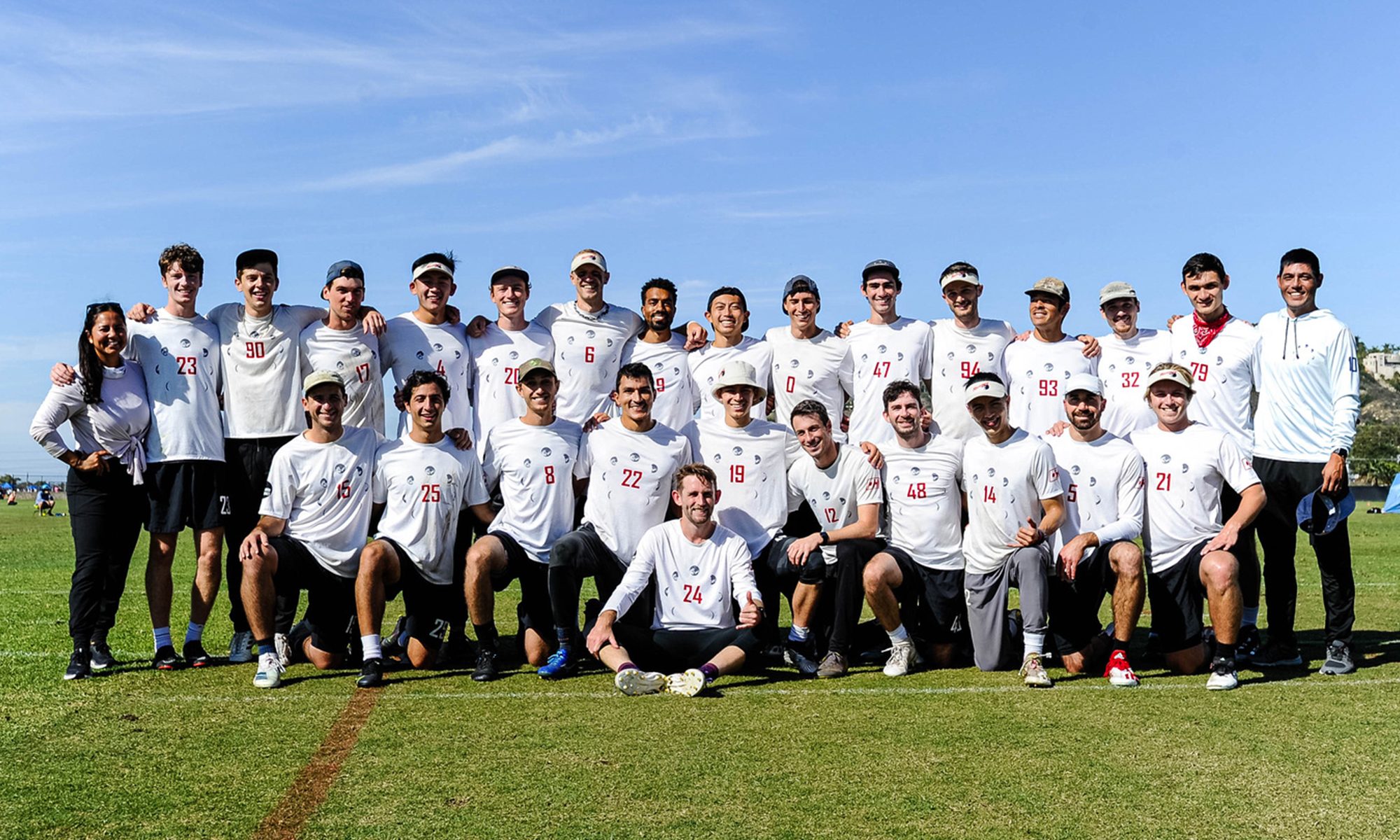The title of this is a nod to Lou’s series of articles on SkyD about men’s ultimate. To help people add some facts to their various league models we will talk about the costs of running a high level men’s team these days. This post is meant to inform the public of our season and is not an endorsement or attack on any particular system.
Lou’s articles are a summary of the variety of changes that are being discussed via the proposals for TCT, NexGen, AUDL and MLU. His four part series is a great read for anybody that wants a short-hand version of the months after the finals in Sarasota.
The charts below show Revolver’s season expenses for 2012 as a breakdown by event as we well as category. Worlds will have it’s own cost post later this week. It is important to note that none of this is subsidized by anybody other than the efforts of the 26 members of the team.
Excluding Worlds & Flowerbowl
- Tryouts (March-April)
- Practices (May-Oct)
- ECC @ Burlington, Washington
- Labor Day @ Santa Cruz, CA
- Sectionals @ Stanford
- Regionals @ Ripon, CA
- Nationals @ Sarasota, FL
You can quickly see that tournaments requiring travel make up a massive chunk of the annual expenses. Regionals was cheap because it was a “home” year.** Worlds is an unusual expense although non-trivial and in a non-worlds year Revolver takes July off from tournaments so the above set of events is a normal season. Practices get a fair chunk of the expenses because like many teams in major metro areas to secure time on non-injury inducing fields we have to pay for them.
If you further break it down by category you will see that flights are a major cost driver. For competitive reasons our team provides food during the tournament because we have found that younger players don’t always know how to manage their day and if left to their own devices they will sometimes fail to supply correctly or be too cost conscious in the moment to be athletically successful. We also does group meals at tournaments to simplify logistics and make sure people are well rested and refueled.
The cost of a tournaments* has risen in recent years to $350-550 but rising field costs, better availability of trainers and having more games with observers creates value that is generally worth it. Being a competitive men’s team means that we are looking for value at the event itself and not something more widely community oriented or social as was traditional 10 years ago, it is all about the games.
Note that the team only flies to two tournaments in a normal season and avoids holiday flights because they are more expensive. Revolver is lucky to have Labor Day be a home tournament since Memorial Day, July 4th & Labor Day are the peak travel cost weekends during the season. You can see the charts below from FareDetective.
Revolver is a group of 26 young men who play Ultimate for the reasons we outline in our values. Lots of people are very excited about the future of Ultimate and Revolver is no exception but as one of the stakeholders affected by all of these decisions/discussions we want to make sure that everybody remembers the reality of today.
*Note tournament bid + “nationals player fees” make up over 50% of the costs for tournaments which is above and beyond the $50 annual USA U membership fee.
** Regionals was hosted in the Bay Area so there was no flight, a year with a flight costs $5K more based on 2011 data.
***2011 mirrored these costs but with an extra $5K or $200 per player in flights due to “away” regionals. We expect to be “home” once every three years.
